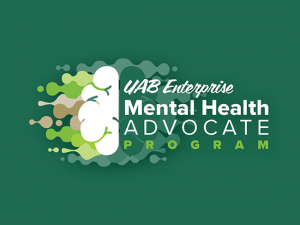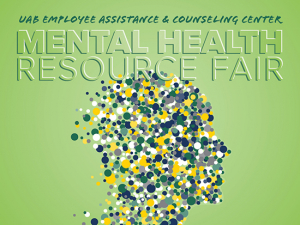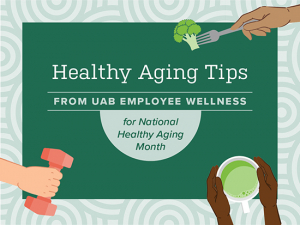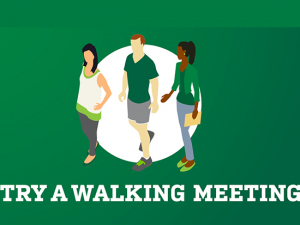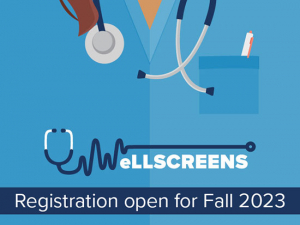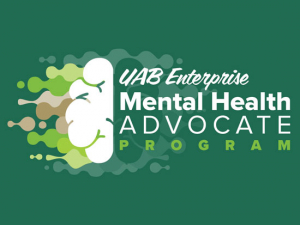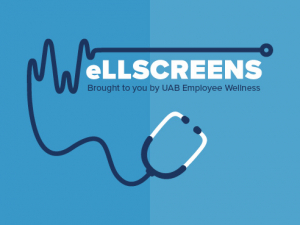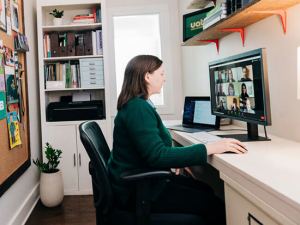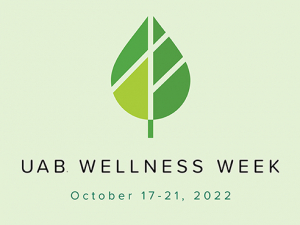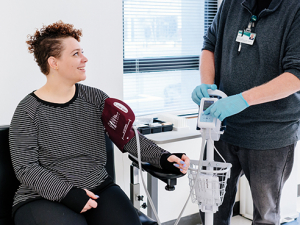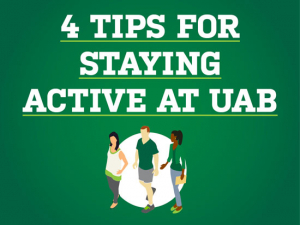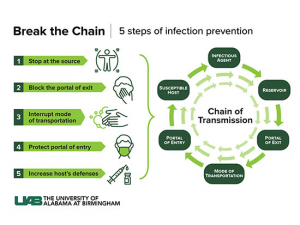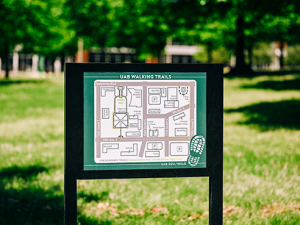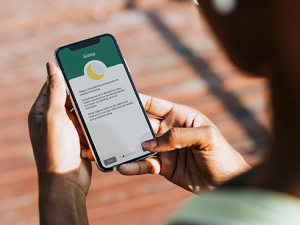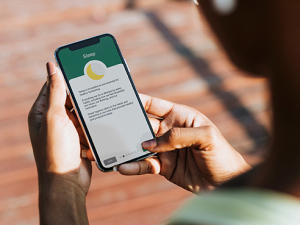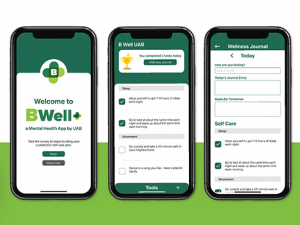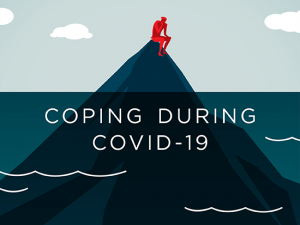 The COVID-19 pandemic has everyone feeling on edge. The number of Americans reporting symptoms of depression has increased threefold since the pandemic began, according to a new study by researchers at Boston University and other institutions. The research was based on a survey of more than 5,000 people pre-pandemic and nearly 1,500 people during the pandemic. It identified three characteristics that put respondents at higher risk for reporting depression symptoms during the pandemic: having lower incomes, having less than $5,000 in savings and having exposure to a higher number of stressors, such as a job loss or the death of a loved one due to COVID-19.
The COVID-19 pandemic has everyone feeling on edge. The number of Americans reporting symptoms of depression has increased threefold since the pandemic began, according to a new study by researchers at Boston University and other institutions. The research was based on a survey of more than 5,000 people pre-pandemic and nearly 1,500 people during the pandemic. It identified three characteristics that put respondents at higher risk for reporting depression symptoms during the pandemic: having lower incomes, having less than $5,000 in savings and having exposure to a higher number of stressors, such as a job loss or the death of a loved one due to COVID-19.
Many UAB employees know they can get help in coping with depression, anxiety and stress through free counseling and other resources from the Employee Assistance and Counseling Center. But the EACC can also help employees improve their financial health as well.
Free, private, personal financial counseling
Having savings of more than $5,000 may seem unattainable for the more than 75% of Americans who live paycheck to paycheck. But there are steps that anyone can take to make better financial decisions and start to build a savings account that provides some protection against shocks such as the COVID-19 pandemic.
UAB employees, including both campus and hospital employees, have access to free financial counseling through the EACC’s UAB Financial Wellness Program. Employees and members of their immediate households are eligible for up to 12 free sessions a year. Due to the pandemic, these sessions are offered only through Zoom or by phone.
Coping with crisis
“Budgeting help is the biggest resource we have been offering during the pandemic,” said Human Resources Financial Officer and EACC Financial Wellness Counselor Cecelia Boyd. EACC teaches a monthly budgeting method that uses monthly income and recurring expenses to develop an individualized plan. “It’s best to seek financial counseling before a situation gets out of hand,” Boyd said. “That way we can set a plan in place and hopefully reduce the stressors that finances can cause.”
Families dealing with job loss or other circumstances may need to turn to a crisis budget, in which “you are only paying for things that are essential” in order to get through the situation, Boyd said.
Smart planning
The most common financial mistake that employees make is not taking advantage of the resources that UAB offers, Boyd added. One of these resources is the institution’s partnership with SmartPath, which specializes in financial education and coaching.
| “It’s best to seek financial counseling before a situation gets out of hand. That way we can set a plan in place and hopefully reduce the stressors that finances can cause.” |
SmartPath offers free, monthly educational classes on topics chosen by UAB. As the financial impacts of the COVID-19 crisis became clear, SmartPath led a COVID-19 and You seminar tailored to UAB employees in three situations: those living paycheck to paycheck, those with some savings but still experiencing financial needs and those with stable finances but questions on how to restructure their retirement plans and other investments. The seminar included step-by-step advice to identify sources of income and ways to reduce bills, and answered questions such as when to consider a home equity line of credit, when to tap into a 403(b) account and more.
The seminar also covered SmartPath’s basic strategy for savings, in order of importance:
- Contribute the maximum amount to retirement
- Create an emergency fund to cover one month’s worth of expenses
- Pay off debt — credit cards, medical bills, student loans
- Build up a three- to six-month emergency fund
- Put 20% of pretax income toward retirement
- Save for college expenses
- Save for your bucket list
This session and all other SmartPath seminars are available to watch on UAB’s learning management system at uab.docebosaas.com. UAB employees also can opt to take advantage of other SmartPath services, including personal financial coaching, for a reduced rate, Boyd said.
Loan forgiveness and more
Another important resource is the Public Service Loan Forgiveness Program, which is open to individuals working at nonprofit institutions such as UAB. “Most UAB employees have federal student loans, and yet they are not enrolled in this program,” Boyd said. “It doesn’t matter what your job is — if you work on the academic side or the hospital, have a federally funded loan and make 120 payments on time, you are eligible,” Boyd said. “It’s an awesome program.”
Additional resources include living will assistance and discounts on car loans, cell phone bills and other services through the UAB Perks program, Boyd added.





